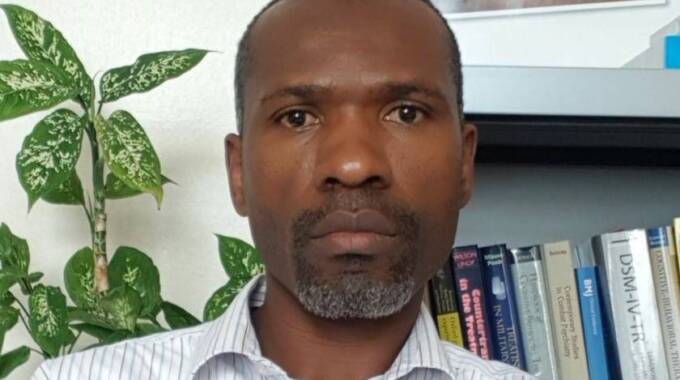
The Sunday Mail

Mertha Mo Nyamande
AS outlined last week, this article will shed light on the specific difficulties children are often diagnosed with.
On the whole, children are not subjected to the concept of mental disorder, as this is often attributed to individuals whose identity or personality has formed. As such, disorders are ascribed after the age of 16 or 18 in most cases.
In children, however, there are two specific categories that are attributed to disturbances in the minds of these little ones — autism spectrum disorders, including the Asperger’s syndrome (AS), and attention-deficit hyperactive disorder (ADHD), away from the other physical or chromosomal disorders like the Down’s syndrome.
In the previous article, we discussed a child’s experience from as early as conception, and how this experience predisposes them to mental events and experiences by the time they are born.
Some babies are born smaller than expected as a result of such anxieties or malnutrition. Others are born much bigger as a result of comfort eating, all through the mother’s distressing experiences.
So, while poorly understood, this is where these two disorders stem from.
In the case of autism spectrum disorder, children are comfortable with routines they feel safe with. Any changes to their routines are met with fierce distress.
They, therefore, struggle to play with other children. But generally, playing with others is considered a “normal” developmental activity. These children also have a difficult time relating to others emotionally and socially. Their behaviour and thinking patterns can be rigid and repetitive, which makes communication challenging.
Attention-deficit hyperactive disorder
As the name suggests, there is a deficiency in attention that causes hyperactivity.
As children’s vocabulary is very limited, they will not have the right words to express how they may be feeling and, therefore, acting out would be the only way to communicate their needs.
While younger, they may have cried a lot to express their needs. This would not have been understood nor responded to in a way that met their needs. Therefore, as soon as they are mobile, they act out more to try to get attention.
In adults, this is known as attention-seeking behaviour, which is negatively labelled, instead of being acknowledged and the unmet needs met.
Unfortunately, as a people, we do not seem to have the mental capacity nor the patience to invest in providing this much-needed attention. Resultantly, we quickly refer the cases to child and adolescent mental health service providers for diagnosis and medication but there is need for care, as we could end up with even more complex mental issues later on in life.
Such children are often not given the opportunity to develop normally like others and this limits their chances of a “normal” life. They are likely to remain vulnerable and volatile, even in adulthood.
Children affected by the AS can be supported in their small safe spaces and be able to fully function, usually within isolative occupations that have strict and inflexible routines like train timetable designing, accounting, computing (coding), technical graphics and art. Other occupations where meticulous calculations are required are also an option.
However, due to limited resources to invest in different ways of learning for this unique group of people in the developing world, such minds are neglected and not utilised at all.
In the case of the ADHD, the children may, on the other hand, end up developing antisocial personalities and may come into conflict with the law, ending up in prisons due to their inability to control their hyperactivity.
This can cause internal frustration, leading to depression and/or anxiety, where they lash out at others, leading to violent altercations and problematic relationships.
From a psychological perspective, in such cases, the entire family should intervene and fully understand the dynamics that may have impacted the child to behave in such a manner.
This is a critical sign of the need for family therapy. Children are usually too sensitive to whatever difficulties a family may have normalised.
The psychologist will explore these issues in a safe and sensitive manner to help the family, especially the adults, unlearn the difficult behaviours that have led to such difficult disorders and ensure there is psychological safety and security within the home.
Most mental disorders are social in nature. As such, they require social interventions. But this can only be understood through the psychologist’s analysis.
This is also why it is critical to evoke the multidisciplinary team approach in whatever interventions that are made.
Hoping that the child will outgrow the problem is often akin to burying a seed and hope it dies. Some of the problems become much bigger. Let us work together to nip problems before they become bigger.
Mertha Mo Nyamande is a psychotherapist. He can be contacted on: [email protected] or @ www.i-wellbeing.weebly.com



